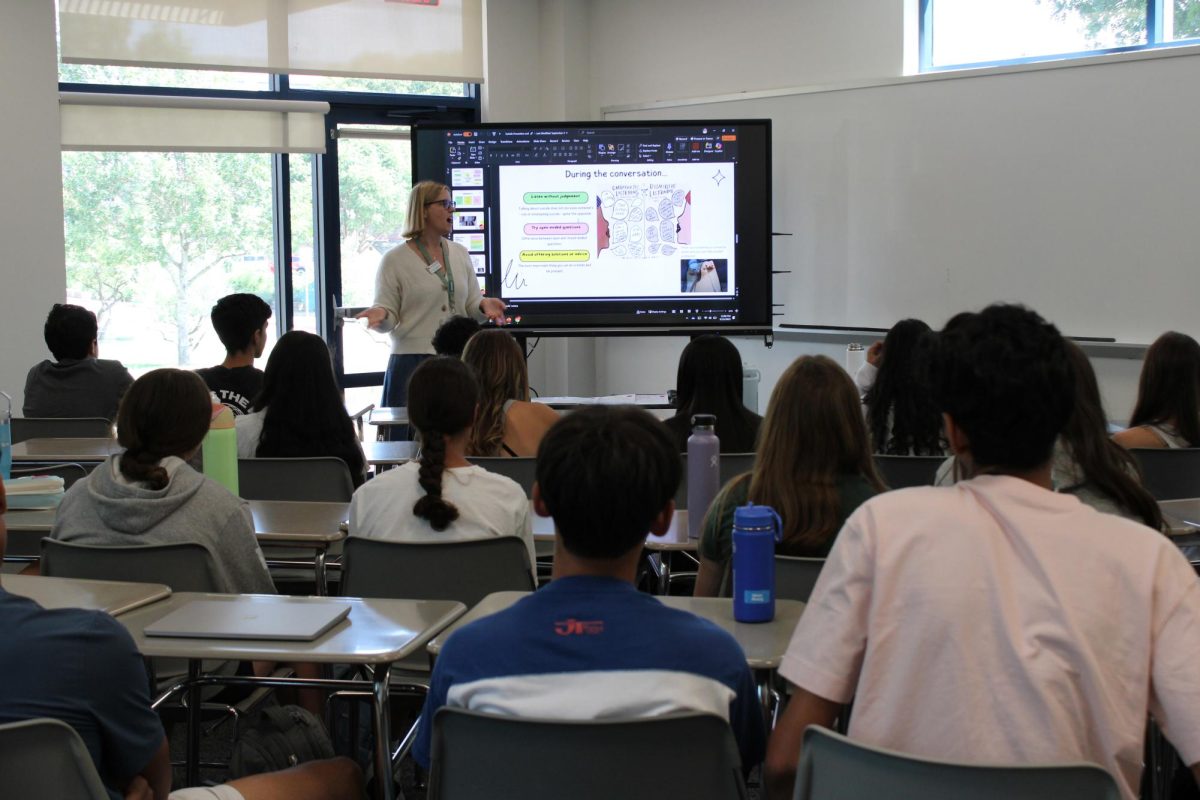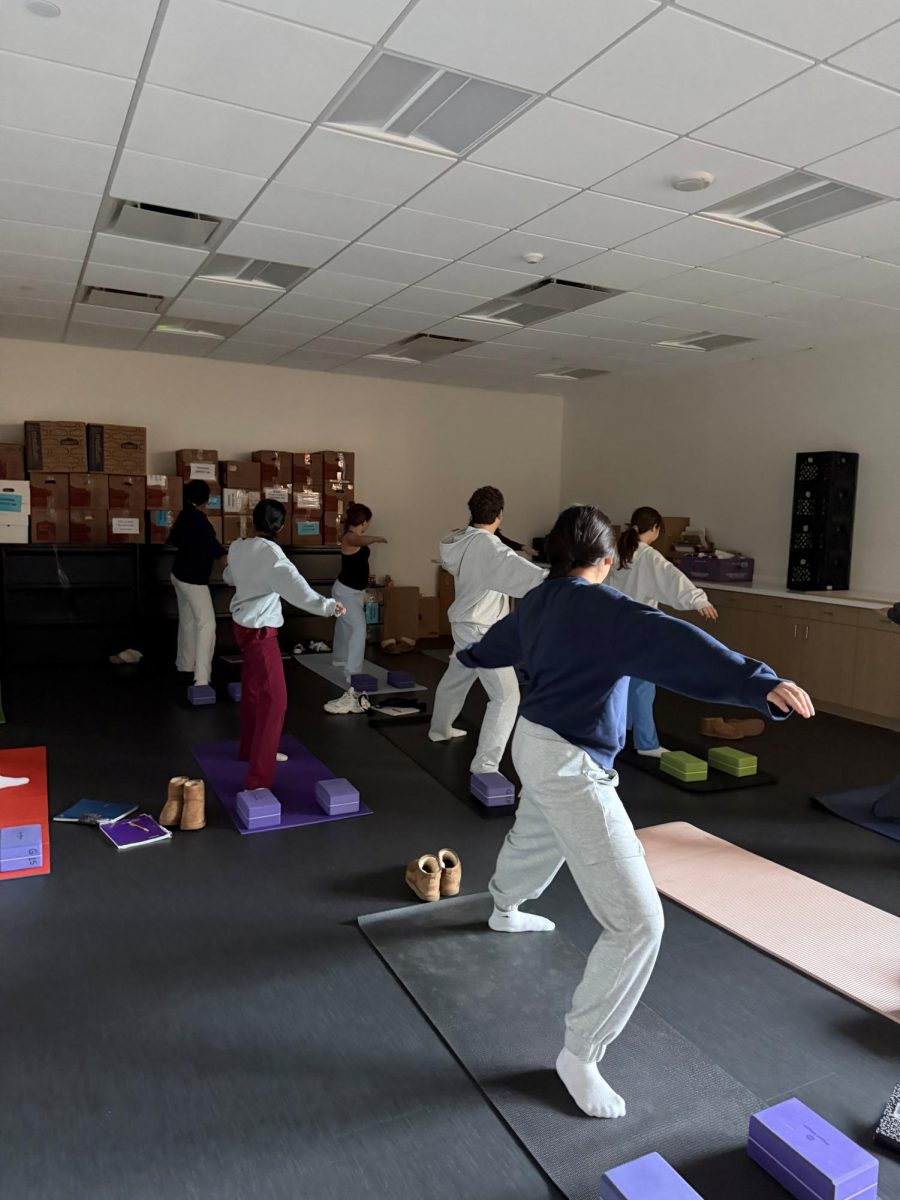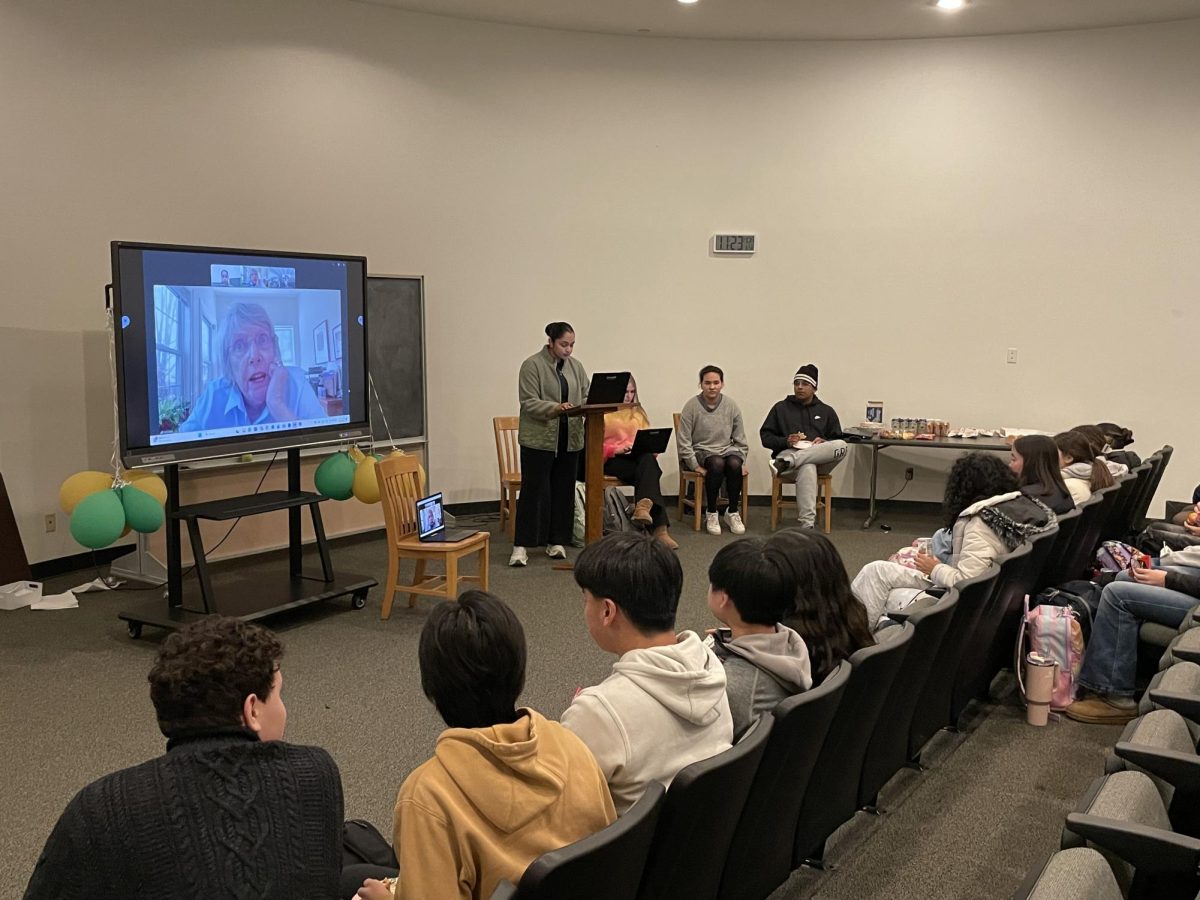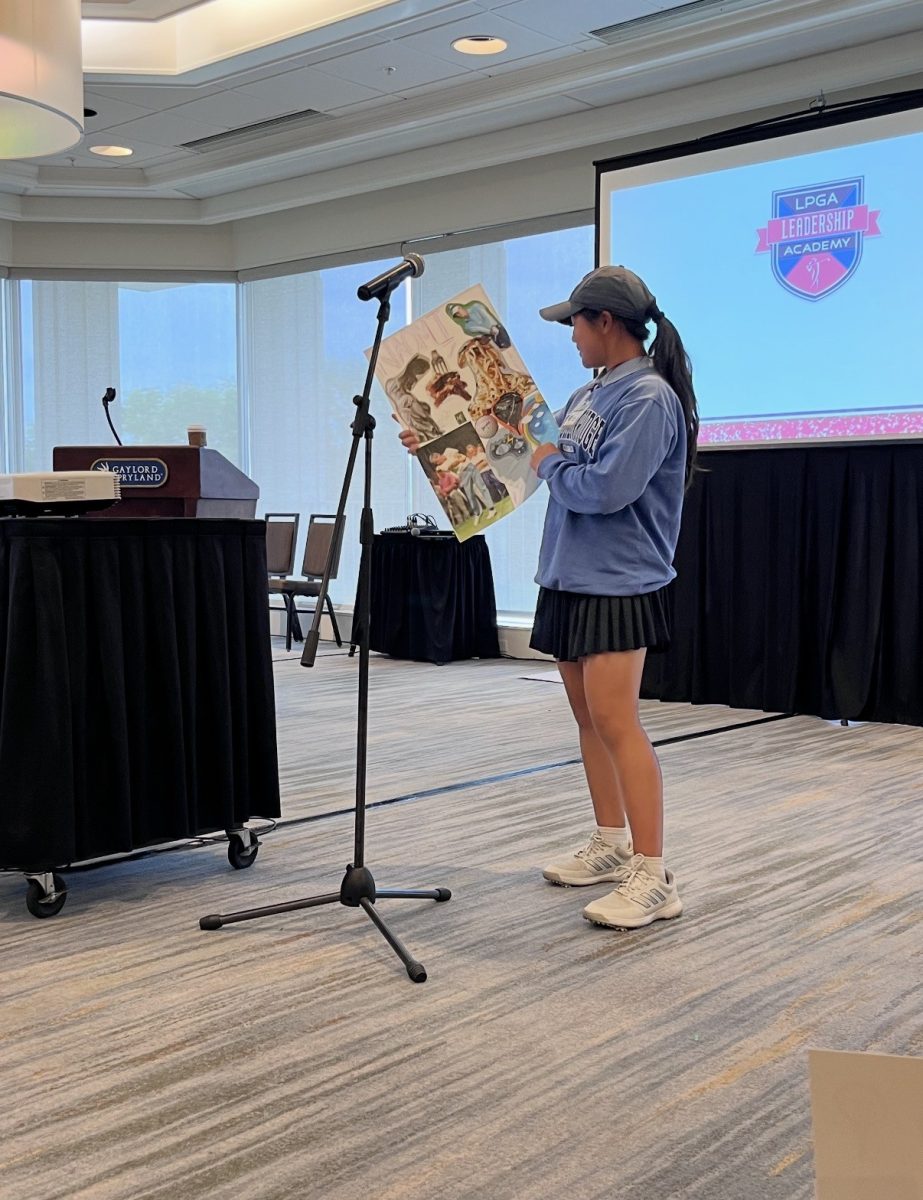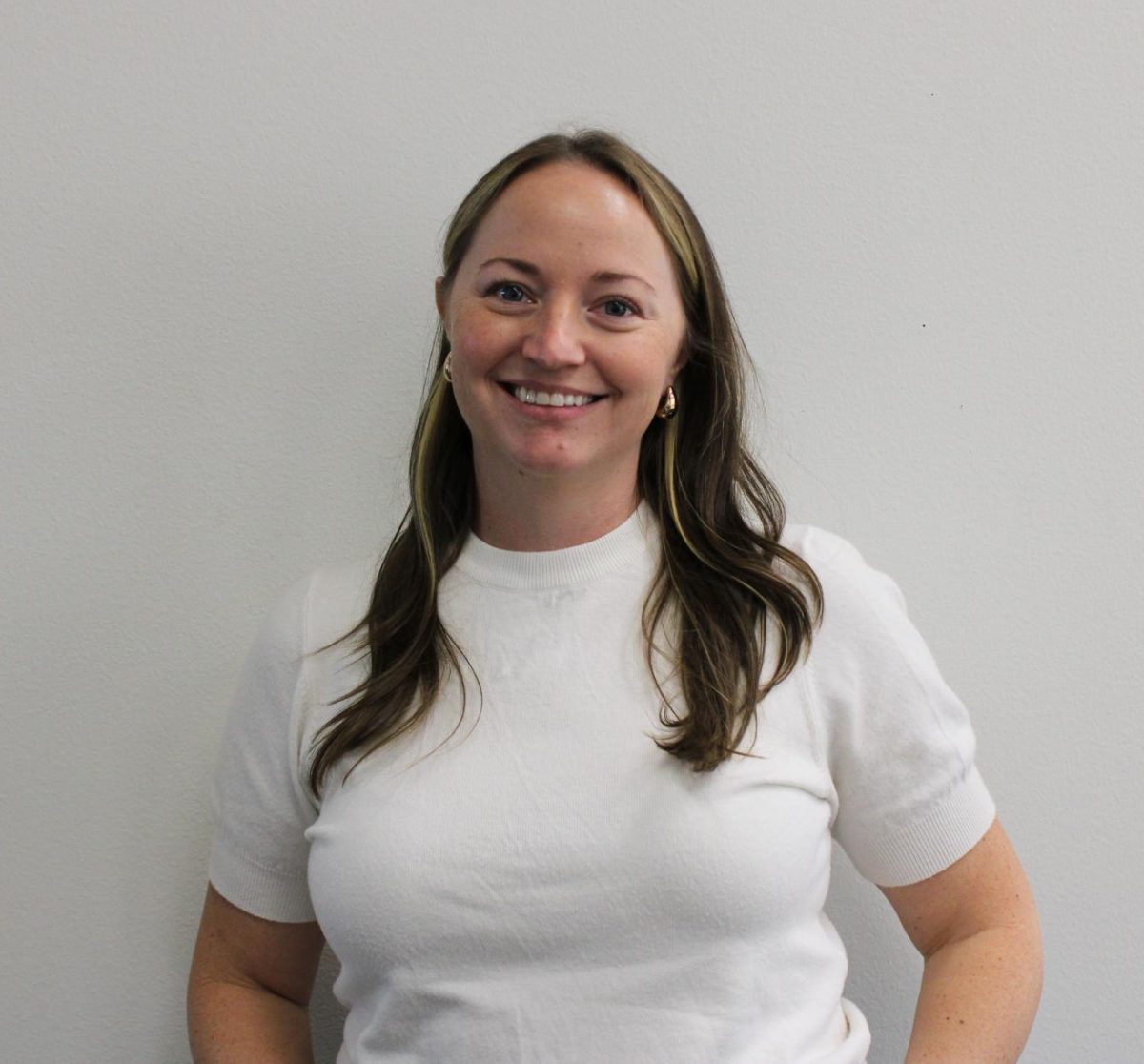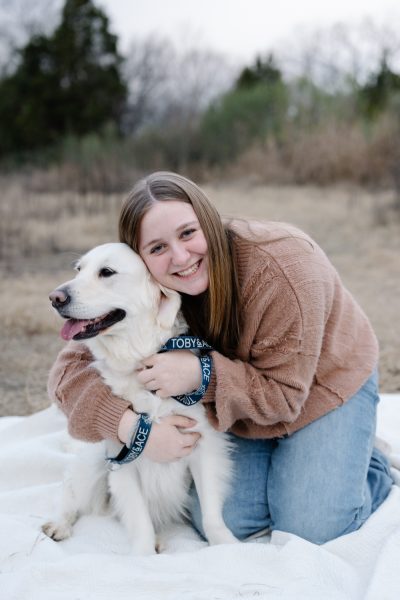The Foundations of Fitness and Wellness class is mandatory to all freshmen this year.
In previous years, this class was an option for students who wanted to fulfill their one of their sports credits without joining a team sport, by instead taking Athletics Tutorials or enrolling in other Physical Education classes.
Freshmen were pulled during lunch by advisors on a rotational schedule and taught solely about sexual education.
This required course now takes place during a regular class period, covering topics such as sexual health, nutrition, and fitness. It is taught by either a High Performance Center coach or Upper School counselor. The class is evenly distributed between HPC workouts and lessons in classrooms.
“[Upper School counselors] partner with athletics; however, we focus more on the mental health side of things in addition to sleep, healthy communication, healthy relationships, and the sex ed piece is just a portion of this,” Upper School Counselor Amanda Frederick said.
While the counselors focus on the student life aspect of the class, the HPC coaches focus on fitness and physical health.
“What we cover is the components of fitness, which is your body composition,” Sports Performance Specialist Katherine Zarembski said. “We also talk about nutrition and healthy eating habits, and also chronic diseases, diabetes, and bioenergetic cellular systems.”
While the course accommodates student athletes and supports their understanding of their own exercise, some face challenges with the necessity of the class onto their busy schedules.
For example, freshman field hockey player Alice Stenberg said she finds it difficult to balance her field hockey and club soccer schedules with the course, even though coaches allow in-season athletes to sit out during lifts.
“It’s going to be hard because, at the same time, you are trying to have rest days,” Stenberg said.
The lessons taught in the Foundations of Fitness and Wellness class are not anything you will find altogether in any other class. It teaches students life skills from how to write an email to a teacher to how to keep your body healthy.
“I try to tell the freshmen I can guarantee that this class will follow [them], not just through high school, but long after it,” Zarembski said. “You might know what you want to do, and you might not, but [this class] talks about your health, [which will follow you throughout your life].”

